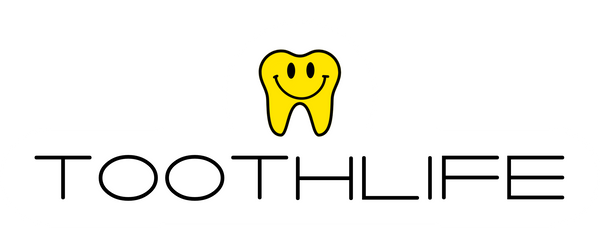Dear Toothlife,
"I know what to look out for with certain types of cancer like skin cancer… but what do I look out for with Oral Cancer IRL? I've only seen it in textbooks." ~New Grad Marilyn
Hey there, New Grad Marilyn!
Toothlife.Irene here.
Friend, I felt the exact same way when I graduated back in 2007. Here’s what I can say. As a dental professional, it's crucial to understand that early detection is critical in the successful treatment of oral cancer. Although it may be challenging to detect in its early stages, regular screenings with your patients are essential.
Have you considered a device to help take some of the guessing work out? We have quite a few listed in our Oral Health & Cancer Awareness and In Practice: Oral Cancer Devices blog entries to perhaps consider! Check them out at your next tradeshow or see them in action on YouTube.
It’s really essential to educate your patients on the signs and symptoms of oral cancer, yes just like the ones you learned in school. That they should watch out for in between appointments.
These may include the appearance of white or red patches on the gums, tongue, or lining of the mouth, sores that persist for more than two weeks, difficulty swallowing, persistent hoarseness, unexplained bleeding in the mouth, as well as pain, numbness, or tenderness in the mouth or on the lips. Tenderness around the head and neck, under the chin and around the clavicle.
If your patients experience any of these symptoms, encourage them to schedule an appointment with you as soon as possible for an evaluation. Usually, your local Oral Surgery Office can also assist you with getting the patient to the right provider.
Remember, by staying vigilant and proactive, we can help catch oral cancer in its early stages and improve our patient's chances of a positive outcome.
You’re doing a great job, and your proactive nature in asking these questions is amazing.
Some things to check:
- Do you have a person to refer to if you find a suspicious lesion?
- Do you have a camera (either intraoral or DSLR) to take photos? I have the Mouthwatch Intraoral Camera, as well as the Shofu Eye Special II that takes great-quality photos!


We've also got some oral health screening questions in one of our downloadable resources right here on toothlife.ca! This 2-page chart note entry comes with a 4-page guide to walk you through it:
Check out our Oral Cancer Screening Chart here! Make sure you use code FREESOURCE at checkout! ;)

